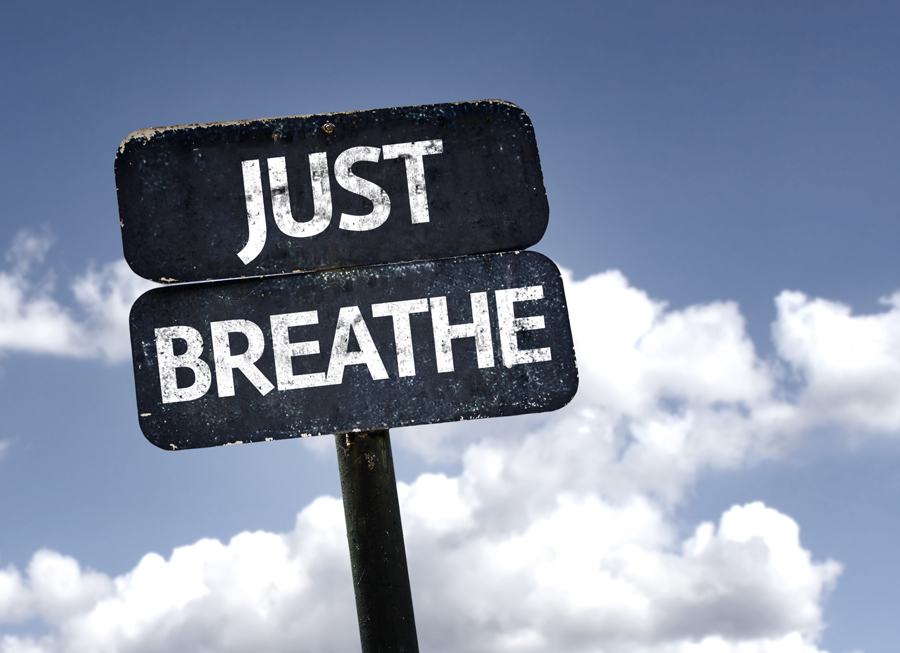A Doctor, a Lawyer, and a Quitter Walk into a Bar…
No, it’s not the beginning of a joke. It’s just what happens every time I go into a bar. I have a medical degree and a law degree…and if there were a professional certification for quitting, I’d not only have it, but I’d display it in my office as proudly as I do the other two.
I consider myself an expert-level quitter, and it’s a distinction to which I firmly believe more people should aspire.
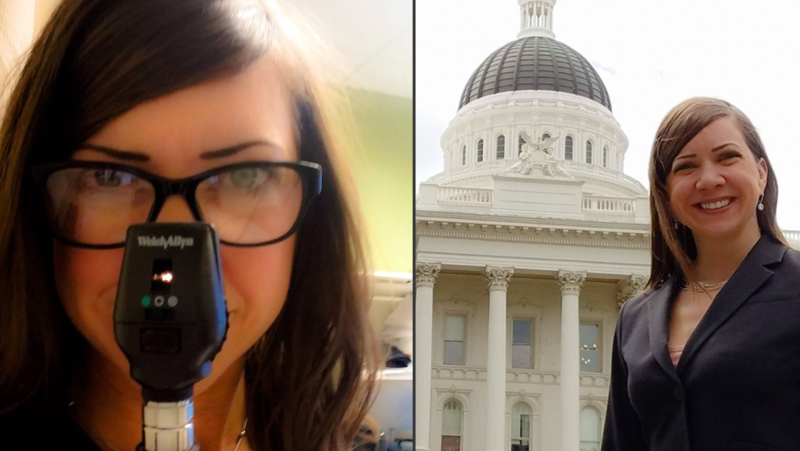 Why? Because quitting is the most underrated tool for achieving success not only in business, but in relationships, personal happiness and well-being. In fact, it’s one of the most underrated self-care tools out there.
Why? Because quitting is the most underrated tool for achieving success not only in business, but in relationships, personal happiness and well-being. In fact, it’s one of the most underrated self-care tools out there.
The walls of Amazon’s virtual bookstore are overflowing with self-help books telling us to live our best lives. But rarely do they address one of the main reasons that people get stuck in something less than their best life: no one tells them how to get through the necessary quits to leave whatever isn’t working. They just tell you to transform your life and strive to make progress…until one day you’ve suddenly arrived at said ideal life.
And quitting ain’t easy.
It’s a process fraught with unwarranted stigma -partially thanks to unhelpful sayings like “quitters never win and winners never quit.” And if you can get past the stigma, you’re then smacked in the face with many of the fears associated with quitting, like wondering if another opportunity will arise to replace whatever you’re leaving, or wondering what people will think about your quitting, or fear that the new scenario you find post-quit won’t truly be more fulfilling than the original one.
It’s enough to make someone just stay put. Stuck in the less-than-ideal.
But it doesn’t have to be. Quitting can be your best friend. But not just regular old quitting. Strategic quitting.
Now I could tell you theoretically about why strategic quitting is the greatest thing since avocado toast, but I think it will be slightly more effective if I show you what it looks like in the real world. Because at this point you may be (understandably) wondering how someone with both medical and law degrees has ever quit anything.
I quit all the time.
Because what does it take to get through that much school and training? Time, money, and energy. How was I able to make sure I had enough of all three to get through? By quitting things that were draining my time/money/energy and focusing only on the things that served me.
So what does it look like in action? Before medical school, I was a multimedia designer, but the sinking feeling I got while sitting in coding classes learning new programming languages told me this was not the field for me — so I quit. I started completely fresh and decided to try to get into medical school.
 And after I finished medical school and residency in family medicine, I finally got to my sports medicine fellowship, as I had decided I wanted to be a sports doc. However, I got that same feeling when I was doing sports medicine — like something just wasn’t right. Mostly I didn’t like that the hours were somehow both 9 to 5 and nights and weekends, leaving little time for myself.
And after I finished medical school and residency in family medicine, I finally got to my sports medicine fellowship, as I had decided I wanted to be a sports doc. However, I got that same feeling when I was doing sports medicine — like something just wasn’t right. Mostly I didn’t like that the hours were somehow both 9 to 5 and nights and weekends, leaving little time for myself.
So I quit. Again.
At this point you may be thinking, “whoa…but what about all of that time and money you wasted on medical school?” Well that’s where strategic quitting comes in. With regular quitting, I would have walked away from medicine altogether and tried some other career that may have had all the same attributes I disliked about medicine.
But with strategic quitting, you take stock of exactly what parts of a job or relationship, etc. aren’t working for you, and quit only those…and you stay vigilant not to get in new situations that have features that didn’t work for you previously. And as long as you learned something from a past situation, it wasn’t a waste.
So I quit the long hours of sports medicine, and took a job where I make my own schedule. And in the future, you can bet that I won’t be taking any new jobs that have night or weekend hours, because I learned from my previous experience. And as for the money and time I spent? Well having spent a lot of time or money on something that isn’t working for you is a terrible reason to spend more time or money on it. Sticking it out doesn’t get you back your investment, it just gets you further from where you want to be.
Now you may be plenty happy in your job or relationship, but what about some smaller things that may be stressing you out?
 Here’s another real-life example. I finished yoga teacher training last year, and during my training I had an unlimited membership to the yoga studio. However, shortly after receiving my instructor certification, I started volunteering with a political campaign and didn’t have time to go often enough to make the membership worth the money, which started to stress me out. Yes, you heard that right, yoga was stressing me out.
Here’s another real-life example. I finished yoga teacher training last year, and during my training I had an unlimited membership to the yoga studio. However, shortly after receiving my instructor certification, I started volunteering with a political campaign and didn’t have time to go often enough to make the membership worth the money, which started to stress me out. Yes, you heard that right, yoga was stressing me out.
So what did I do? Did I quit yoga? Obviously not! I just quit the unlimited membership and switched to a class card, thereby taking away all the guilt and stress I felt over not being able to make it to class as much as I needed to.
Now look at your own life…is there something that brings you stress or causes a sinking feeling in your stomach? Is your body subtly trying to tell you to make a change by giving you heartburn or keeping you awake at night? As a doctor, I can tell you the effects of staying in something that is wrong for you are not minimal. Stress is a leading health risk these days, and a major cause of stress is doing something that’s not in line with your own personal good.
So if your job doesn’t light you up, or your relationship brings you anxiety, or your city just isn’t working for you anymore, I urge you to make close friends with strategic quitting before your body stops whispering to you and starts yelling in the form of chronic pain, depression, anxiety, insomnia, and more.
Strategic quitting is the self-care tool you never knew you needed, but that you’ll never give up once you’ve got it down.
Dr. Lynn Marie Morski is a Quitting Evangelist. She helps people to and through their quits through her book “Quitting by Design” and her podcast Quit Happens, along with speaking and coaching. She is also a board-certified physician in family medicine and sports medicine, currently working at the Veterans Administration. In addition, she is an attorney and former adjunct law professor at Thomas Jefferson School of Law. Visit her website, lynnmariemorski.com


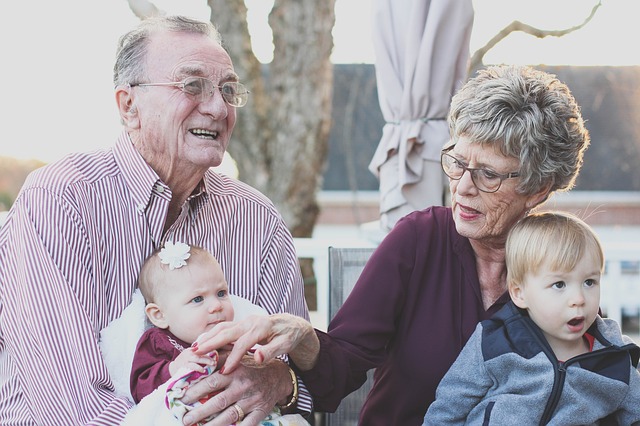
 No one really knows why we age other than to acknowledge that as our cells die and don’t get replaced, organs – and ultimately our bodies – do indeed die. The role that disease plays in this process is obvious – especially if there is no successful treatment available that can address the underlying causes of the problem. I believe in the “art of prevention” as a strategy for helping not only extend our lives – but also improving the quality of the time we have to live.
No one really knows why we age other than to acknowledge that as our cells die and don’t get replaced, organs – and ultimately our bodies – do indeed die. The role that disease plays in this process is obvious – especially if there is no successful treatment available that can address the underlying causes of the problem. I believe in the “art of prevention” as a strategy for helping not only extend our lives – but also improving the quality of the time we have to live.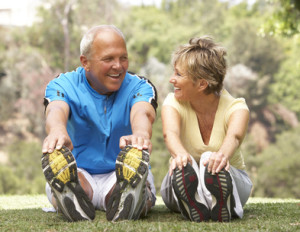 I have run over 65,000 miles in the more than half a century I have been a runner. I believe my commitment to being fit has saved my life many times over during my lifetime – even in the darkest of times when I felt lost and without hope. My question to you is: What is your passion when it comes to being physically active and will you honor that passion the way I did with my running program? If you don’t have one – then find one! Being physically fit does NOT guarantee a healthy body but a healthy body does require a FIT body. I am hopeful my “luck” continues into the years ahead. I will do everything in my power to insure that it does!
I have run over 65,000 miles in the more than half a century I have been a runner. I believe my commitment to being fit has saved my life many times over during my lifetime – even in the darkest of times when I felt lost and without hope. My question to you is: What is your passion when it comes to being physically active and will you honor that passion the way I did with my running program? If you don’t have one – then find one! Being physically fit does NOT guarantee a healthy body but a healthy body does require a FIT body. I am hopeful my “luck” continues into the years ahead. I will do everything in my power to insure that it does! The role of the spiritual journey is to bring an expanded consciousness – or awareness – into our life experiences and allow us to contact joy, peace, harmony and love in a way that enriches and sustains us while allowing us the opportunity to “let go” of the baggage of our pasts. Regret, guilt, unexpressed anger, hatred and other forms of negative inner turmoil CAN and DO lead us to an early death. The body responds to all forms of emotion and if these emotions – and thoughts – are not directed by US to a “higher consciousness” they will bring sickness and chronic illness in all their terrible manifestations into our lives.
The role of the spiritual journey is to bring an expanded consciousness – or awareness – into our life experiences and allow us to contact joy, peace, harmony and love in a way that enriches and sustains us while allowing us the opportunity to “let go” of the baggage of our pasts. Regret, guilt, unexpressed anger, hatred and other forms of negative inner turmoil CAN and DO lead us to an early death. The body responds to all forms of emotion and if these emotions – and thoughts – are not directed by US to a “higher consciousness” they will bring sickness and chronic illness in all their terrible manifestations into our lives.
 Stress is a normal physical response. Everyone feels stress. You may feel stress when you have too many errands to run, when you are given a promotion at work, or in your daily commute through Atlanta traffic!
Stress is a normal physical response. Everyone feels stress. You may feel stress when you have too many errands to run, when you are given a promotion at work, or in your daily commute through Atlanta traffic! The good news is you have choices here. You can choose to take control of all of these factors in your life. Or you can choose to be a victim to stress and succumb to headaches, ulcers, back pain, sickness, disease, obesity, depression, unhealthy relationships…
The good news is you have choices here. You can choose to take control of all of these factors in your life. Or you can choose to be a victim to stress and succumb to headaches, ulcers, back pain, sickness, disease, obesity, depression, unhealthy relationships…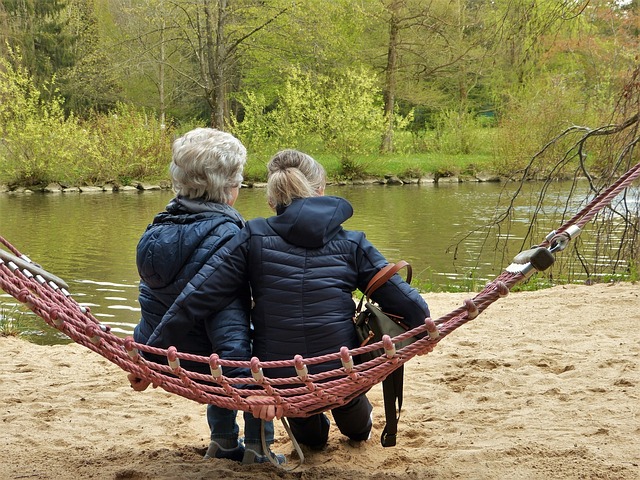
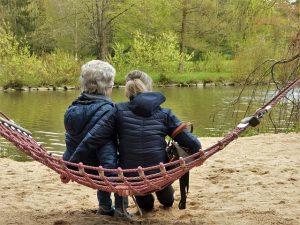 I am one who believes that REAL change occurs from within ourselves first and that once we decide to accept this principle, our lives – and minds (and hearts) – can become clear of all the “baggage” we have been dragging around with us over the course of our lives. Self esteem issues, guilt, regret, resentment, and so much more can be released so that we can finally live the lives we always wanted. I know from personal experience how difficult it has been for me to arrive “at clarity” on this point and now that I have I can report that my life is beginning to finally “take off”! It only took me 38 years to get to this point of consciousness but can you do better? Absolutely! What I would like to propose to you is that it does NOT have to take this long for us to finally “take control” of our lives because we CAN take control of HOW WE THINK today!
I am one who believes that REAL change occurs from within ourselves first and that once we decide to accept this principle, our lives – and minds (and hearts) – can become clear of all the “baggage” we have been dragging around with us over the course of our lives. Self esteem issues, guilt, regret, resentment, and so much more can be released so that we can finally live the lives we always wanted. I know from personal experience how difficult it has been for me to arrive “at clarity” on this point and now that I have I can report that my life is beginning to finally “take off”! It only took me 38 years to get to this point of consciousness but can you do better? Absolutely! What I would like to propose to you is that it does NOT have to take this long for us to finally “take control” of our lives because we CAN take control of HOW WE THINK today! AFFIRMATION
AFFIRMATION I visualize my future and what I want to accomplish in that future so that I can DEFINE what I want to do – and be. I AM a speaker and a writer and I want to make a difference using these gifts so I am diligently preparing for my
I visualize my future and what I want to accomplish in that future so that I can DEFINE what I want to do – and be. I AM a speaker and a writer and I want to make a difference using these gifts so I am diligently preparing for my 
 Pressure put on us because of financial and professional expectations can be overwhelming, and the consequences of this work-related stress can have irreparable health effects. So, if you have vacation days, take them. They serve as the best way to improve your health by escaping the negative effects of overwork, even if it is only temporary.
Pressure put on us because of financial and professional expectations can be overwhelming, and the consequences of this work-related stress can have irreparable health effects. So, if you have vacation days, take them. They serve as the best way to improve your health by escaping the negative effects of overwork, even if it is only temporary.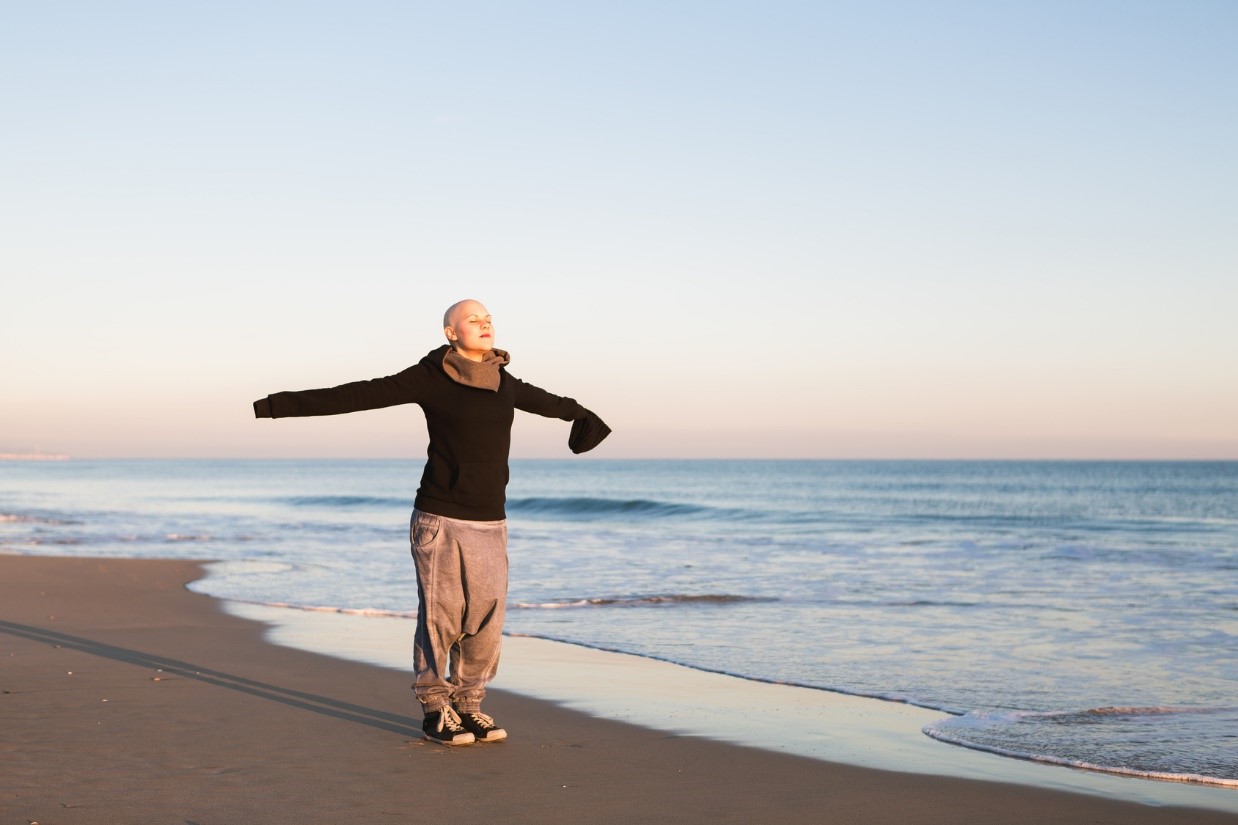
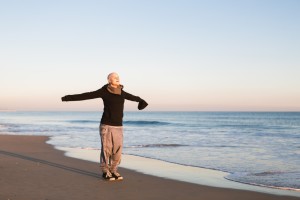 We all consider the undesirable aspects associated with cancer and think to ourselves how lucky we are not to have that added stress in our life. But what about those who are diagnosed with cancer?
We all consider the undesirable aspects associated with cancer and think to ourselves how lucky we are not to have that added stress in our life. But what about those who are diagnosed with cancer?
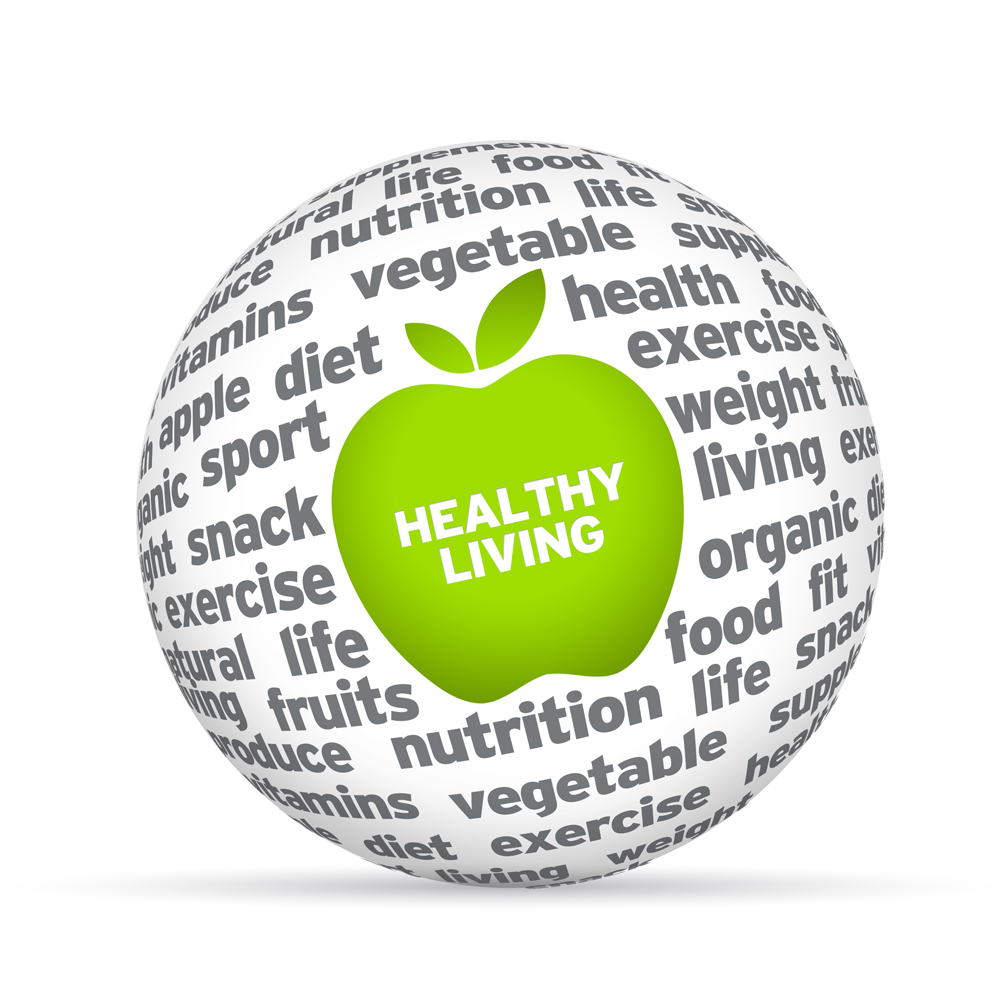
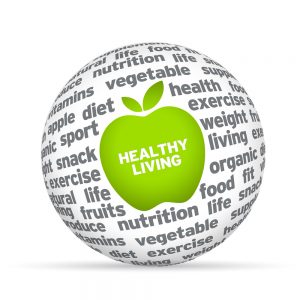
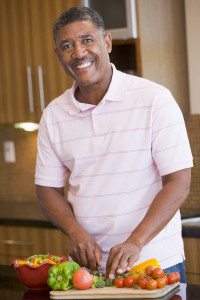 Get cooking. Be creative in the kitchen and make your own meals at home. This way you incorporate the ingredients and you stay healthier. Plus it’s fun, gets you on your feet and a great family activity.
Get cooking. Be creative in the kitchen and make your own meals at home. This way you incorporate the ingredients and you stay healthier. Plus it’s fun, gets you on your feet and a great family activity.